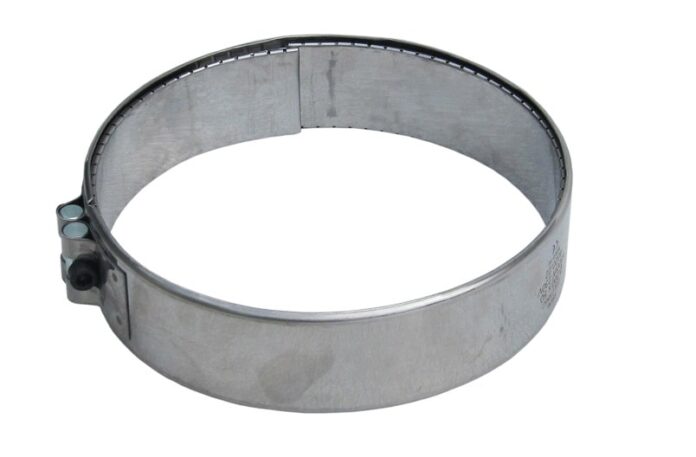If you are thinking about purchasing a band heater for your business, it is important to know the different types available to find the best fit for your application. The different types of band heaters vary in terms of power and size. They also vary in terms of the electromagnetic wavelength, which determines the rate at which the band heater can heat up an object.
Mica band heaters application
Mica band heaters are generally used for applications where higher temperatures are required. They offer better heat transfer and thermal conductivity than rectangular band heaters. Mica band heaters also have the advantage of being able to be custom designed to fit a variety of different shapes and sizes.
Mica band heaters can be applied to a variety of surfaces in order to heat them. These surfaces can include pipes, plates, or cylinders. The mica band heater creates a conductive heating surface that is resistant to high temperatures. This makes it ideal for use in applications where high temperatures are necessary, such as in industrial ovens or furnaces.
Mica band heaters offer a number of benefits over other types of heaters. They are more efficient than other types of heaters, meaning they use less energy to produce the same amount of heat. They also have a much longer lifespan than other types of heaters, meaning they will last longer and need to be replaced less often. Mica band heaters also have better thermal conductivity than other types of heaters, meaning they can transfer heat more effectively.
Rectangular band heater application
Rectangular band heaters are a type of electrical heater that is used to heat up a variety of different objects and materials. The heater consists of a metal strip that is heated by an electrical current, and the heat is then transferred to the object or material that is being heated. These heaters are often used in industrial and commercial applications, as they are able to provide a large amount of heat very quickly.
Rectangular band heaters are one of the most common types of industrial heaters. They are used in a variety of applications, including drying, curing, and warming. Rectangular band heaters consist of a heating element that is encased in a metal sheath. The heating element is typically made of Nichrome wire or other resistance heating alloy. The metal sheath helps to distribute heat evenly and prevent the heating element from overloading.
Strip heaters
A strip heater is a type of electrical heater that consists of a long, narrow strip of metal that heats up when electricity is passed through it. Strip heaters are often used in applications where a large amount of heat is required, such as in industrial furnaces.
Strip heaters can be applied to a variety of surfaces in order to heat them evenly. This is often done in order to melt a substance that is on the surface or to raise the temperature of the surface for some other purpose. Strip heaters are especially useful for heating large surfaces, or surfaces that are not flat.
Ceramic band heater applications
Ceramic band application refers to the process of applying a thin layer of ceramic material to a substrate. This can be done using various methods, such as spray coating, dip coating, or brush coating. The benefits of using a ceramic band include improved wear resistance, increased corrosion resistance, and improved electrical and thermal conductivity.
Summing Up
It is important to select the right band heater for your application in order to achieve optimal performance. There are a variety of factors to consider when making your selection, including wattage, size, and material. By taking the time to select the right band heater for your needs, you can ensure that your application will run smoothly and efficiently.


